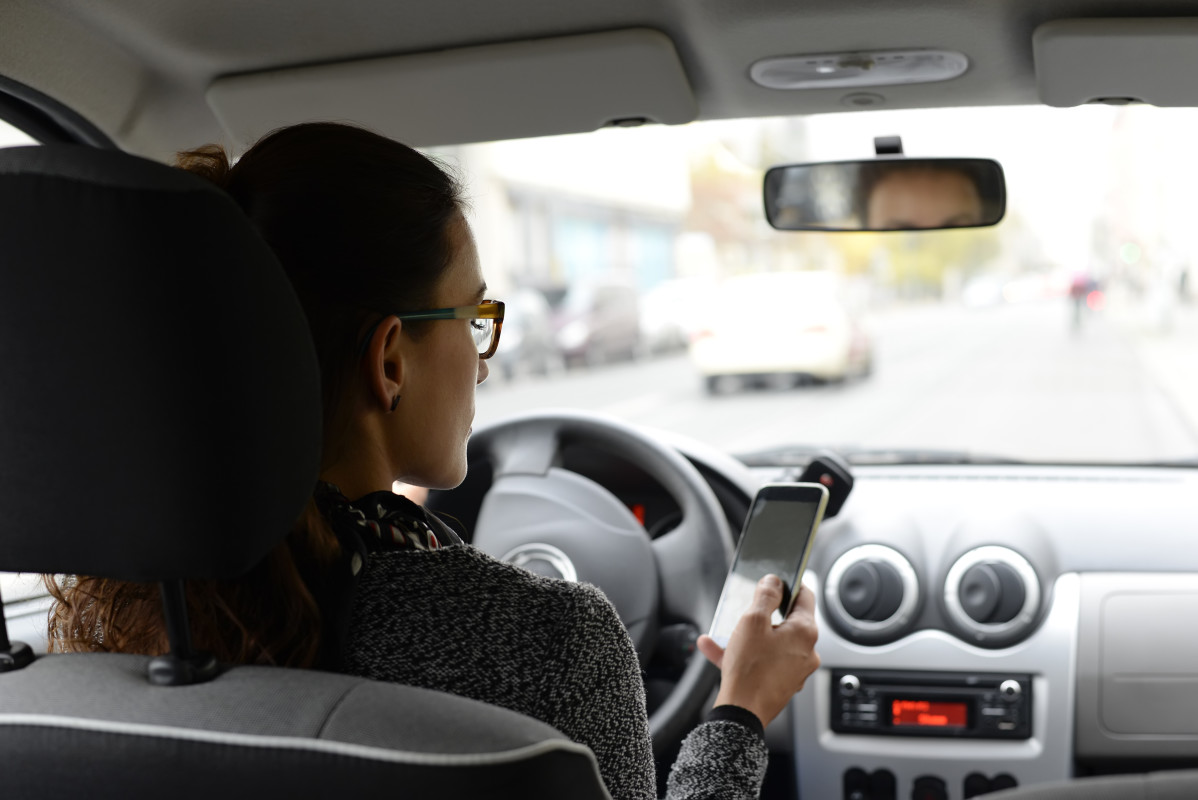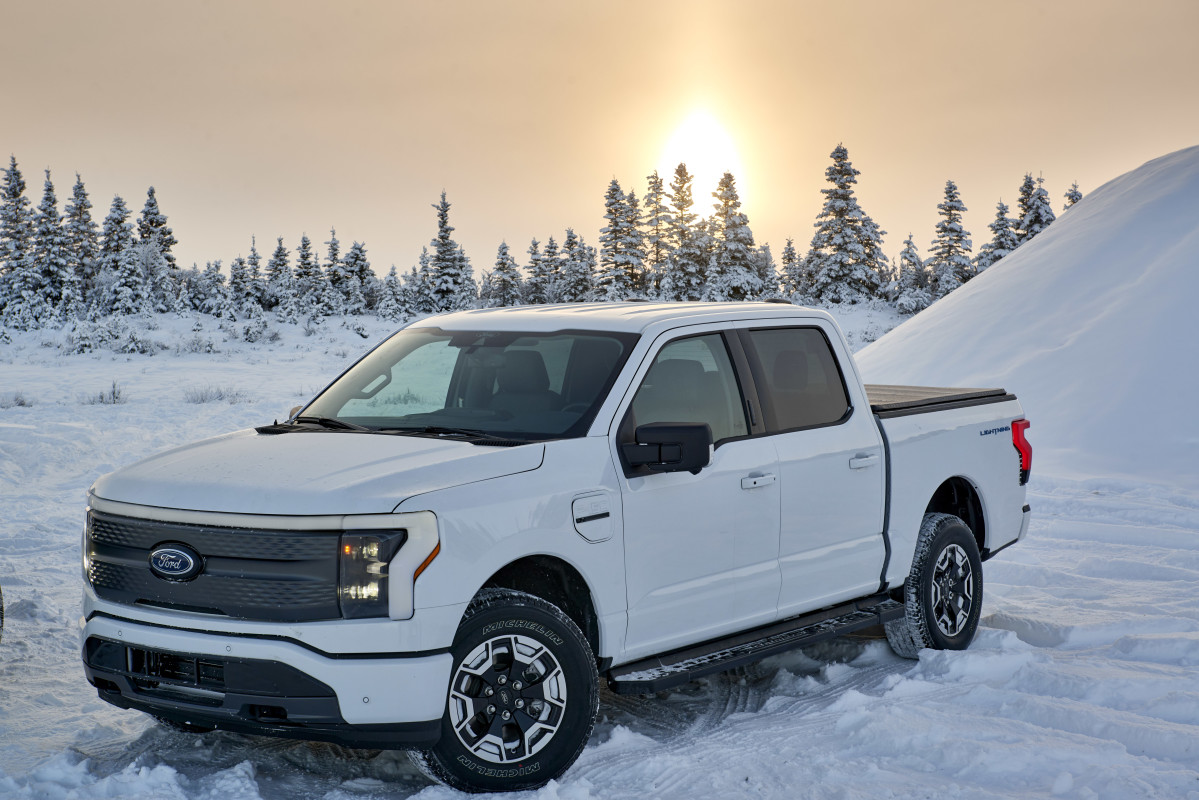Tesla’s California Reign Ends as Rivals Surge in EV Market
For the first time since the early days of the EV boom, Tesla no longer holds a majority of California’s electric vehicle market. According to new data from the California New Car Dealers Association, Tesla’s market share dropped to 43.9% in the first quarter of 2025, down from 55.5% just a year ...
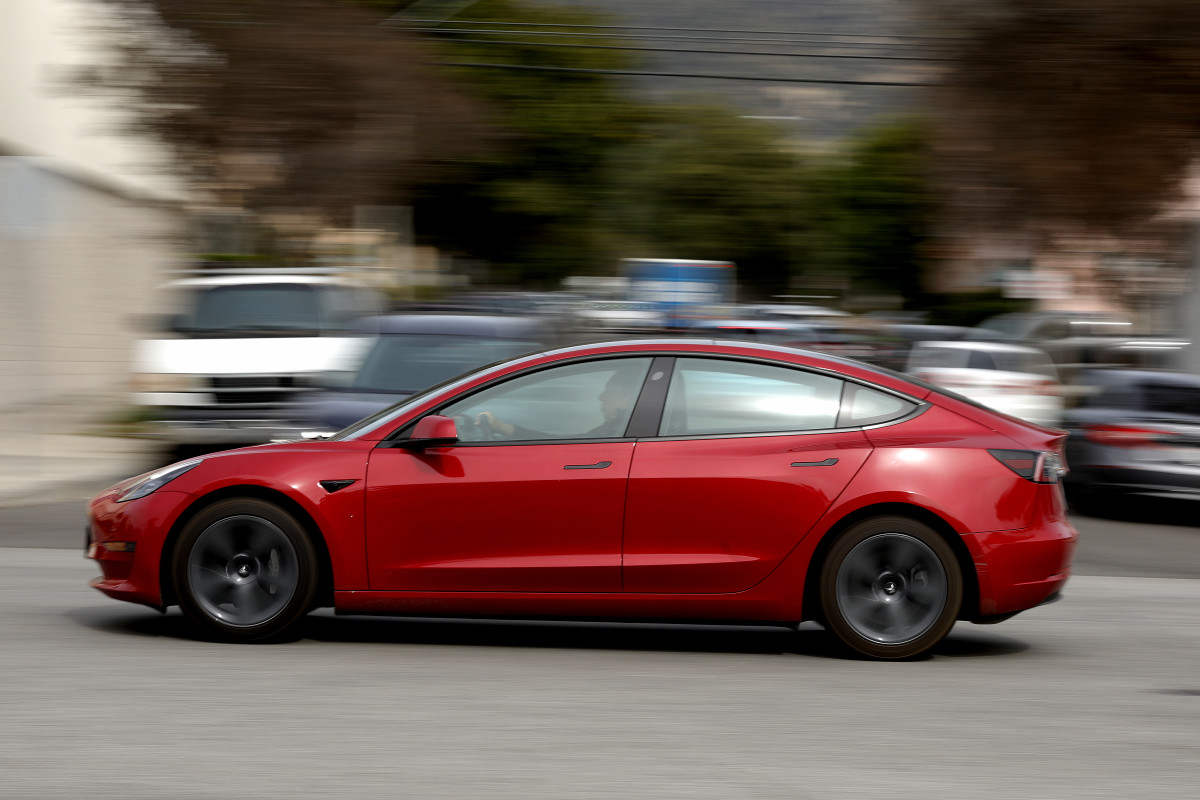
California turns the page on Tesla
For the first time since the early days of the EV boom, Tesla no longer holds a majority of California’s electric vehicle market. According to new data from the California New Car Dealers Association, Tesla’s market share dropped to 43.9% in the first quarter of 2025, down from 55.5% just a year ago — and a far cry from the over 70% dominance it held back in 2022.
This isn’t a case of EV sales slowing down overall. Quite the opposite, as Californians bought more electric vehicles than ever this quarter. They’re just choosing models from Honda, Hyundai, Ford, and GM as well. That shift has massive implications, not just for Tesla, but for the pace of EV adoption across the U.S.
Blame the cars, or blame the CEO?
Tesla’s dip in popularity comes at a time when its two best-selling vehicles, the Model Y and Model 3, are still the most registered EVs in the state. But many shoppers seem tired of their aging designs, which have only received modest refreshes. Tesla’s controversial Cybertruck only moved 2,282 units in Q1 — less than half of what Hyundai managed with the Ioniq 5.
Analysts also point to another factor: Elon Musk. The once-admired champion of electric vehicles has become a polarizing figure thanks to his political activities and increasingly erratic public behavior. In left-leaning California, that might be hurting Tesla as much as stale design or tough competition.
The rise of the rest
While Tesla stumbled, other automakers surged. Honda entered the EV market with a bang, registering nearly 4,500 units of the new Prologue in Q1. Chevrolet saw a 63% bump in year-over-year EV sales in California, while Ford EV sales rose 44% and Hyundai climbed 35%. Even other brands like Subaru and GMC posted significant gains. Porsche more than doubled its EV sales year-over-year, and Toyota — the state’s top overall automaker — posted an 81% spike.
Electric, hybrid, and plug-in hybrid vehicles now account for a combined 42.4% of all car sales in California. But Tesla’s slice of that pie is shrinking fast, down to 21.5% of all electrified vehicles.
Final thoughts

Tesla’s California decline could be a warning sign for the rest of the country since California accounts for nearly one-third of U.S. EV sales. If the company is losing traction here, it may be struggling elsewhere, too. And while EV adoption is still climbing, the CNCDA warns that rising prices, especially with looming tariffs, could put that progress at risk.
Meanwhile, the state’s share of true zero-emission vehicle (ZEV) sales has actually fallen slightly for two consecutive quarters, putting California’s 2026 clean car mandates in jeopardy. Tesla helped spark the EV revolution, but now, Californians seem ready for the next chapter — and they’re flipping the page without Elon Musk.









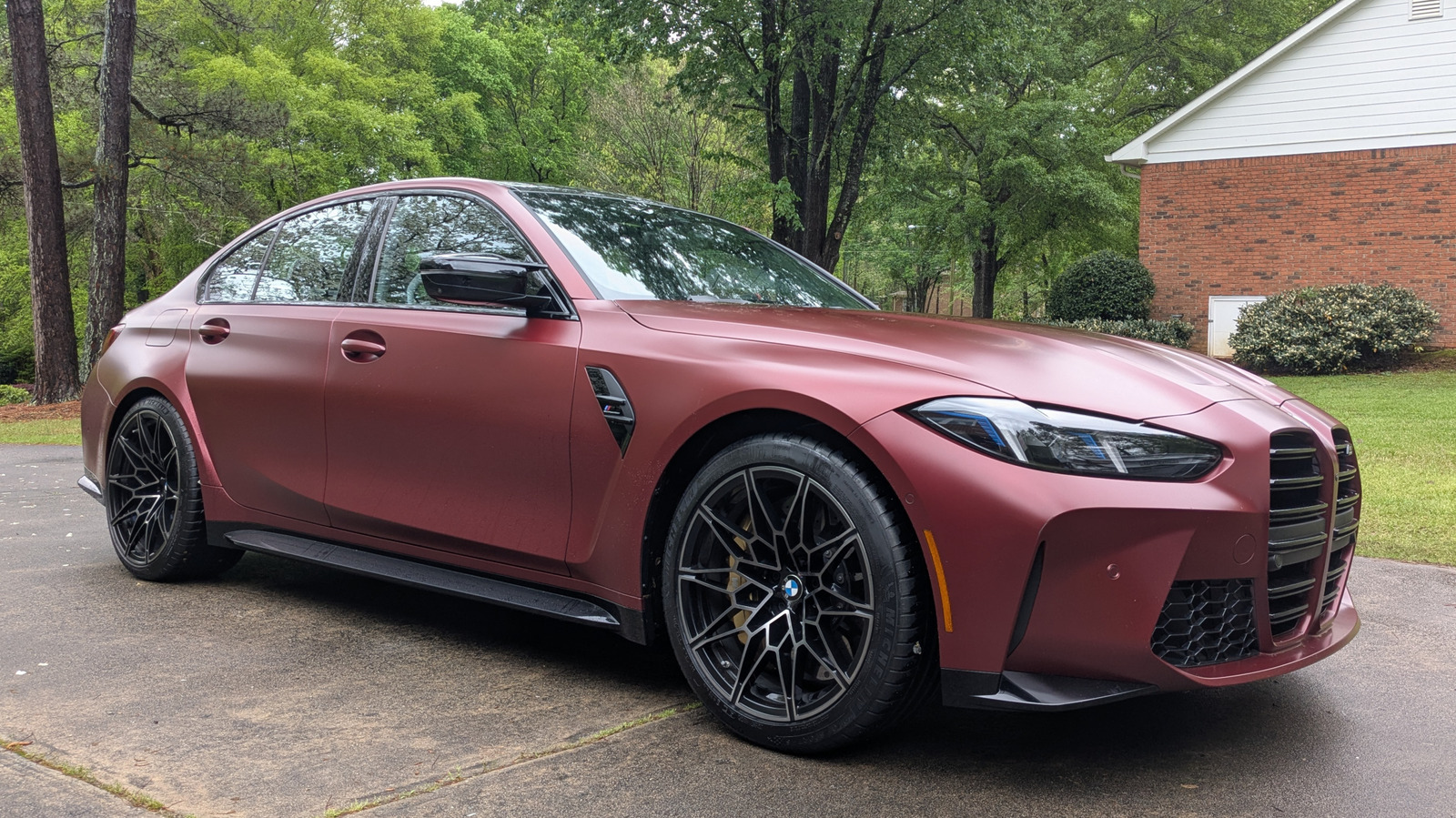





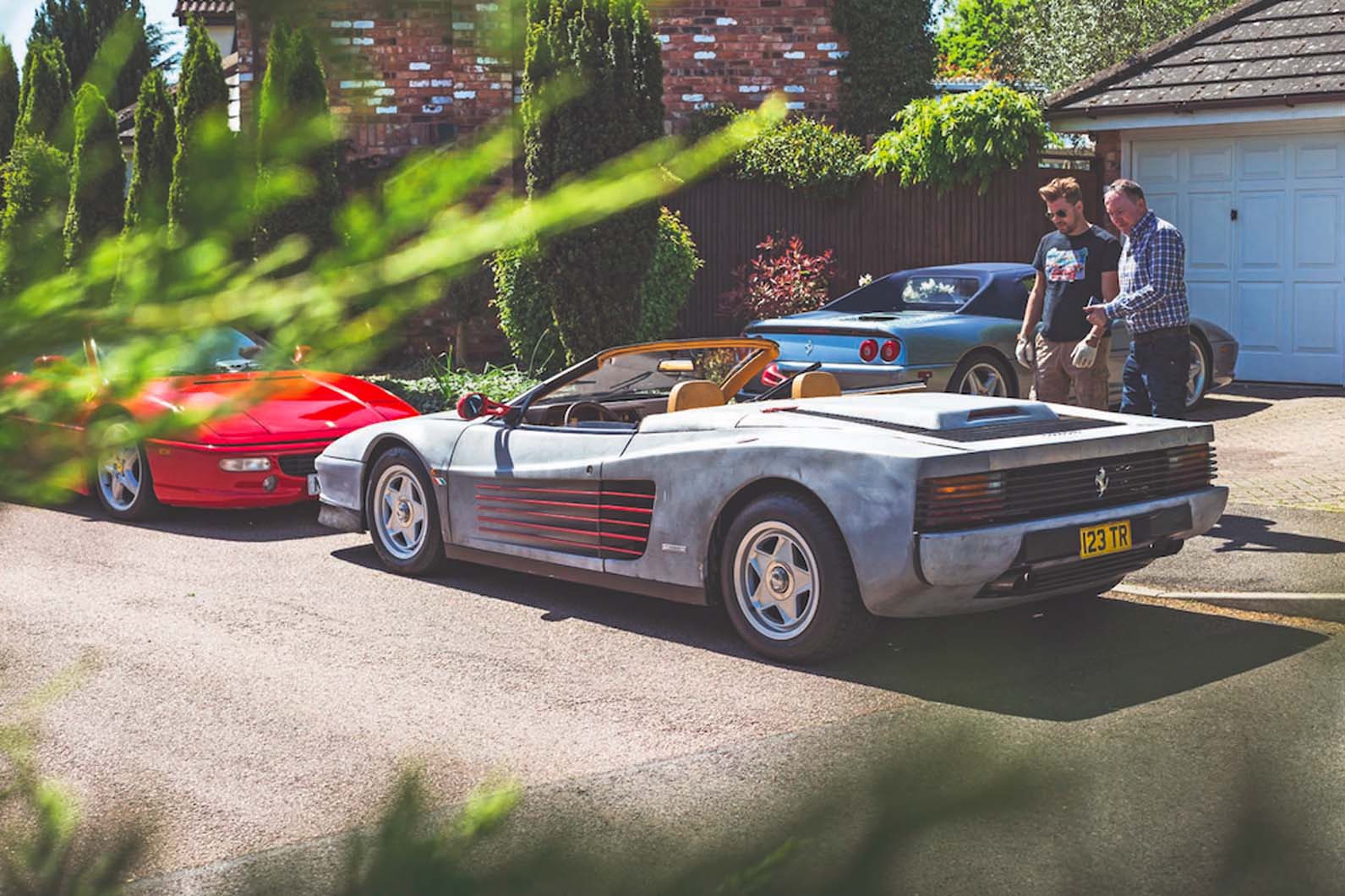

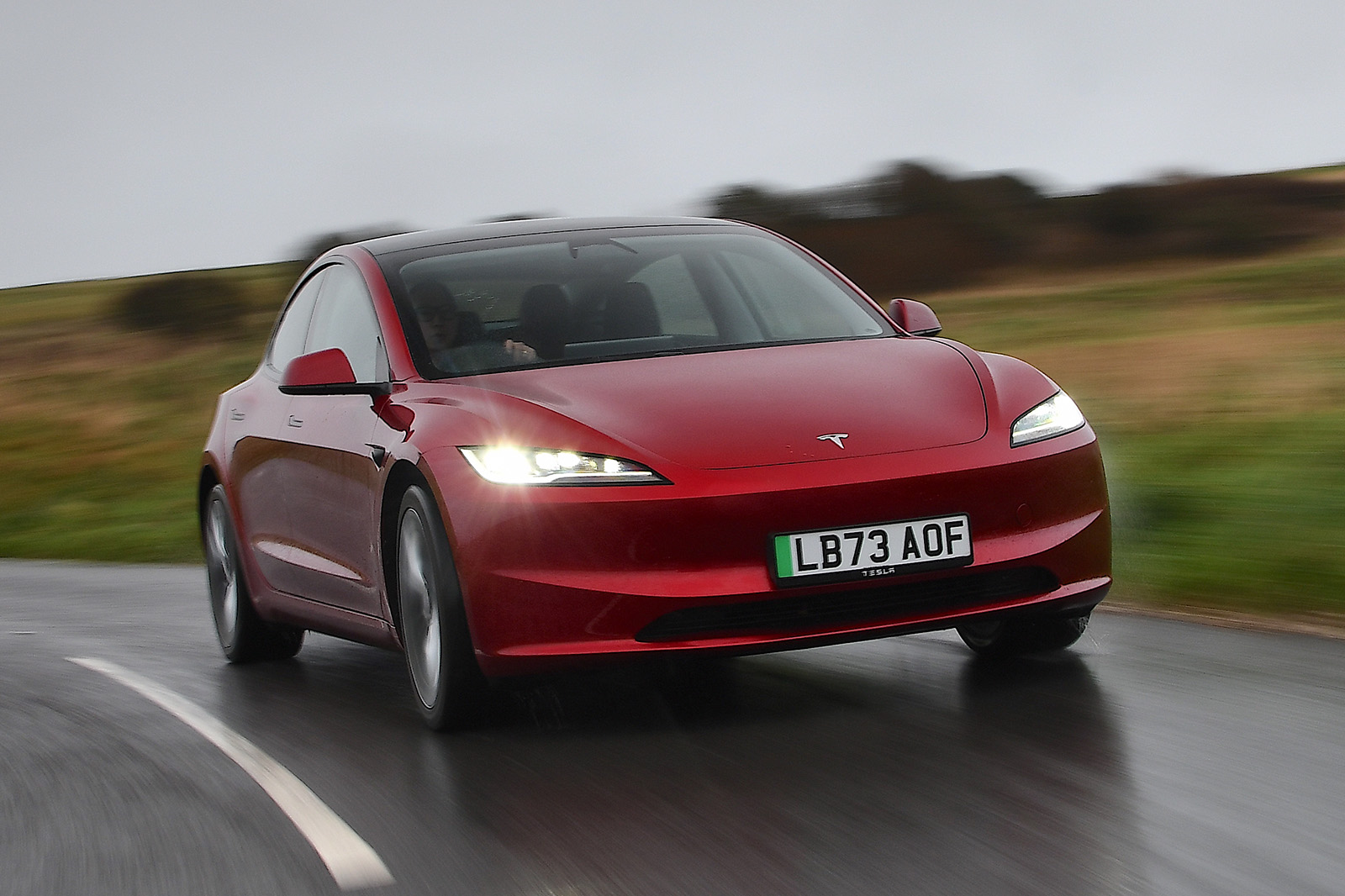











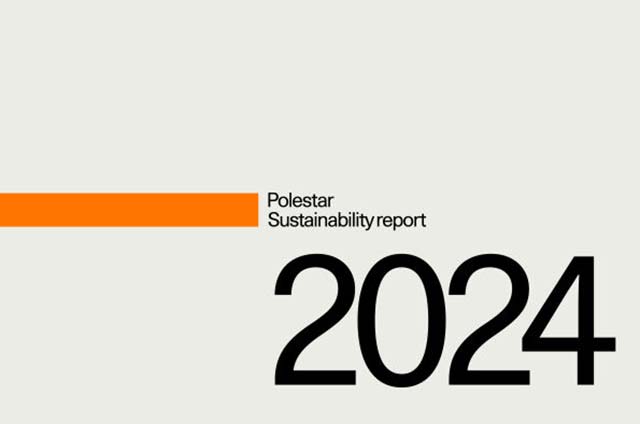
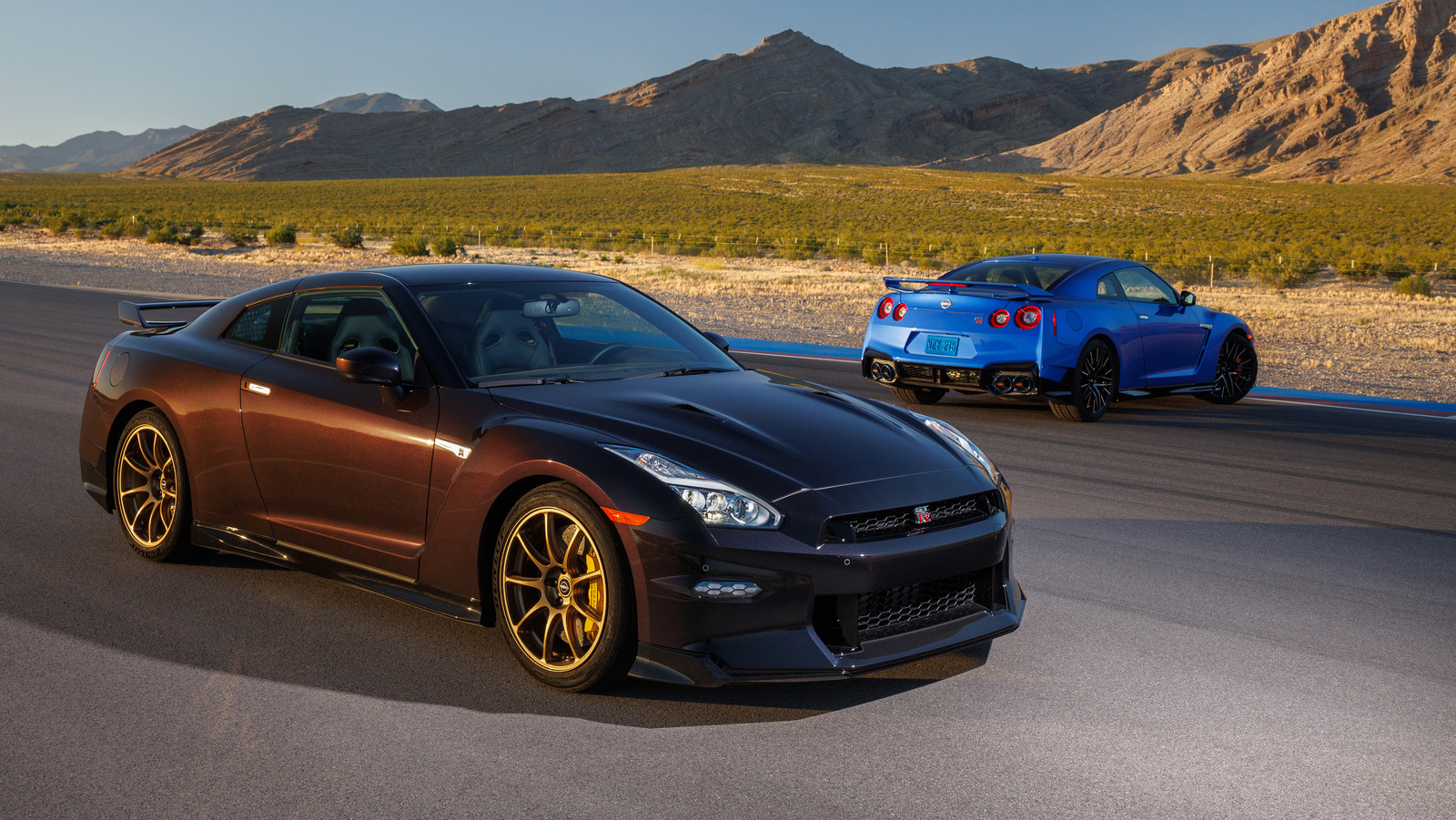

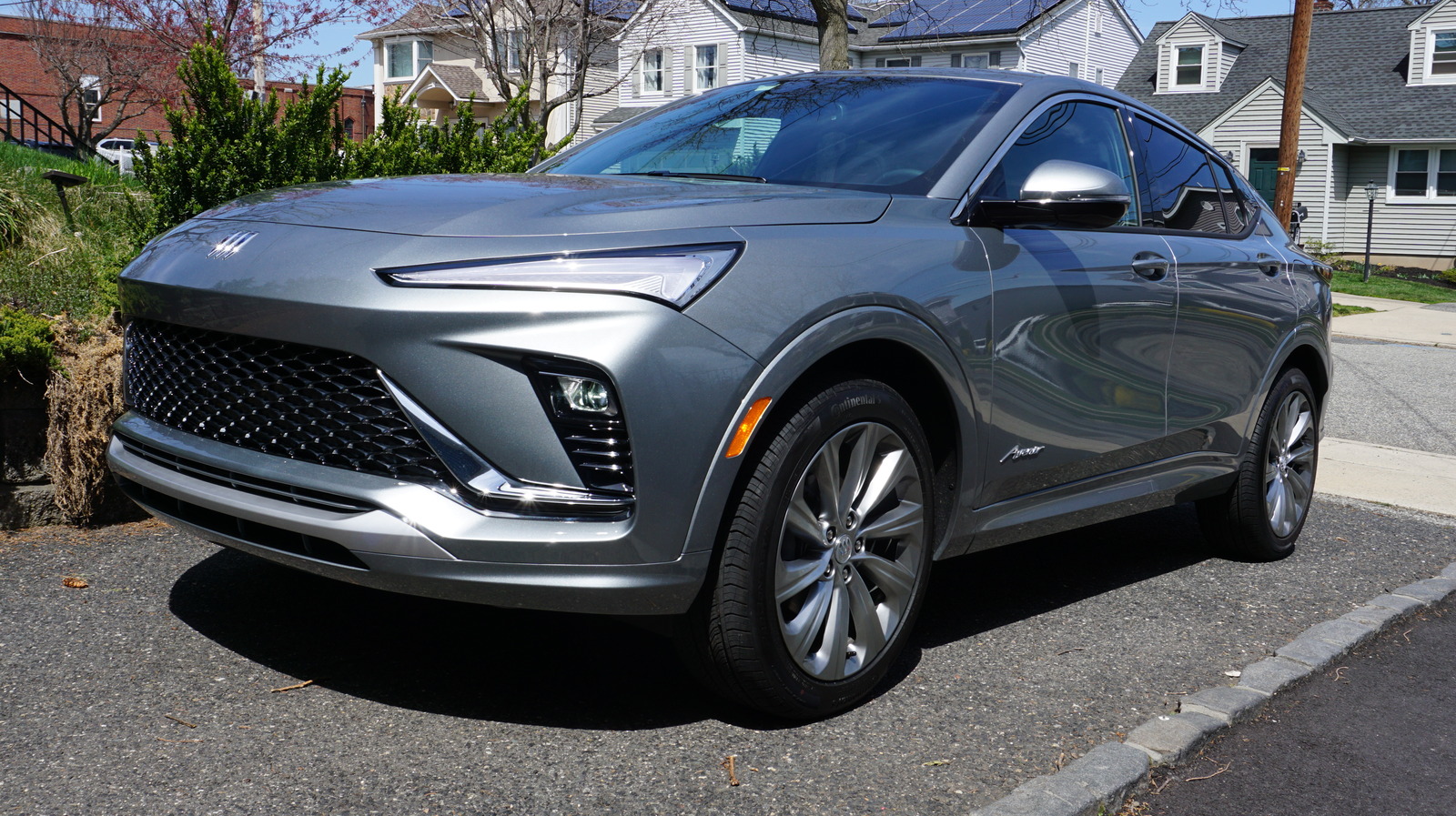




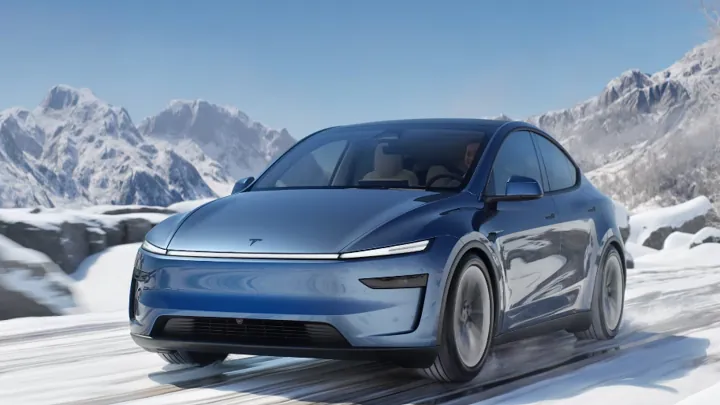






























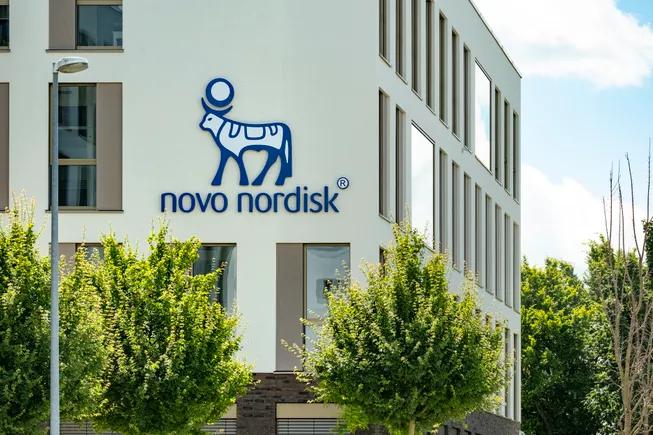






















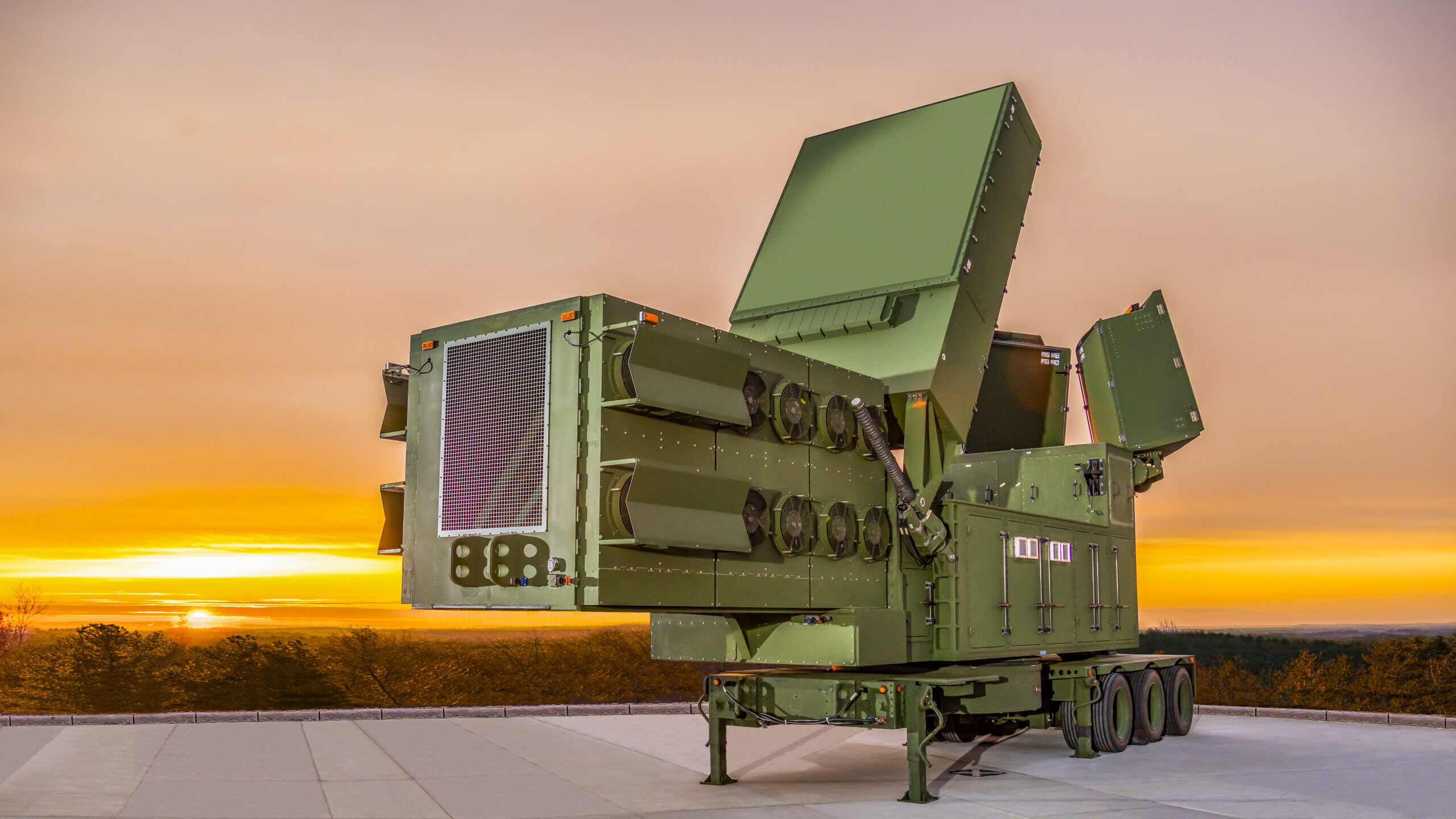












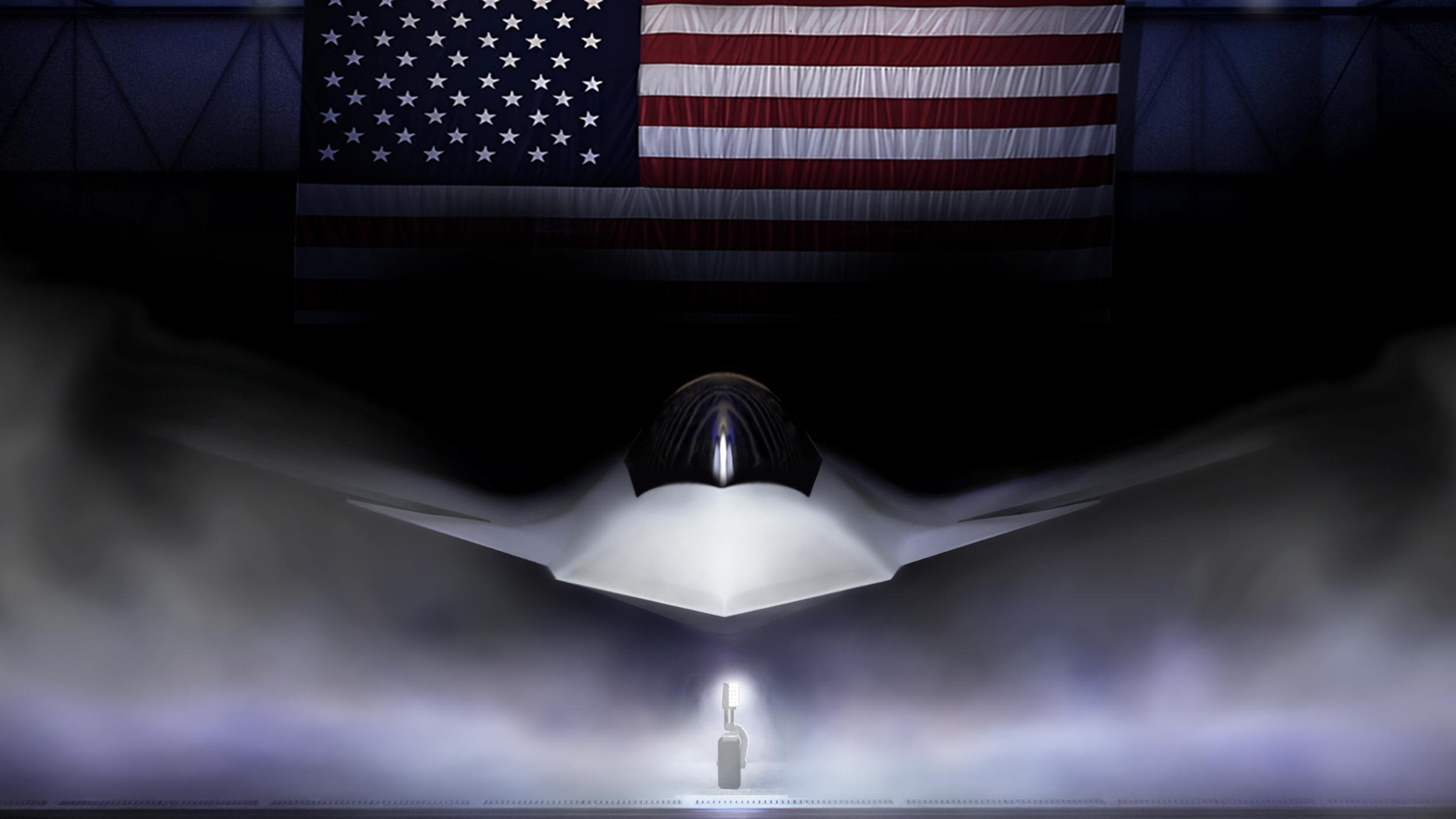
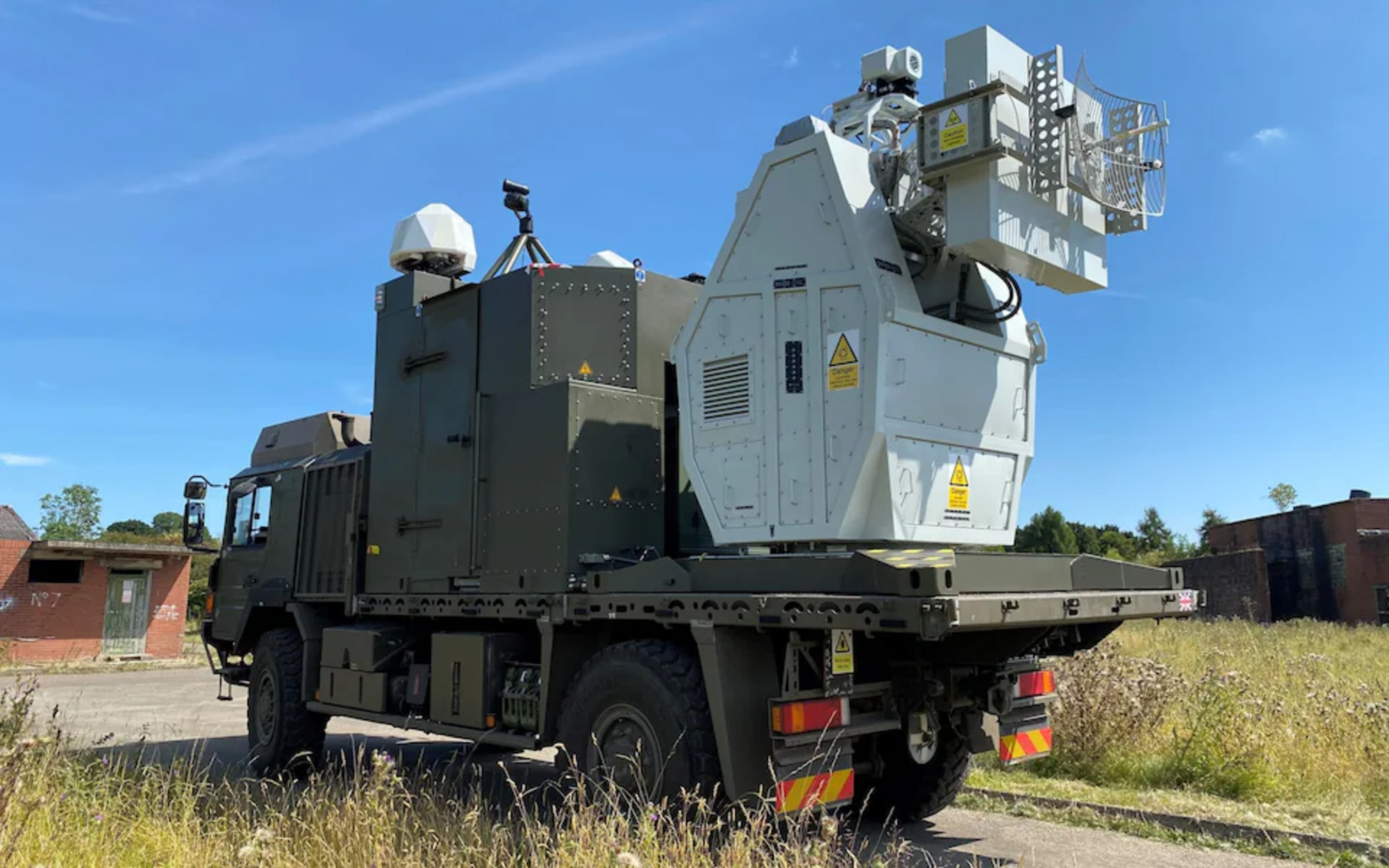




























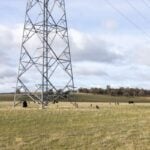






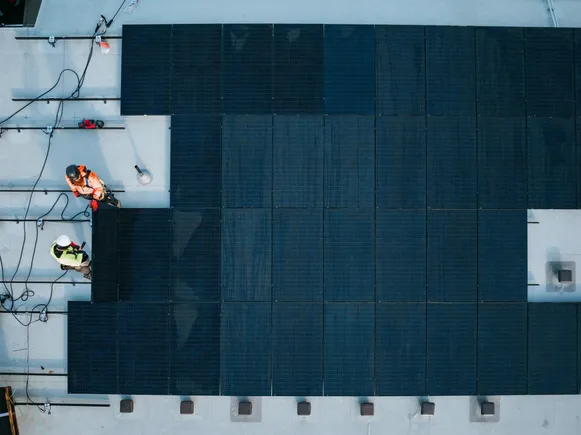
.jpg)
.jpg)




















.jpg)


